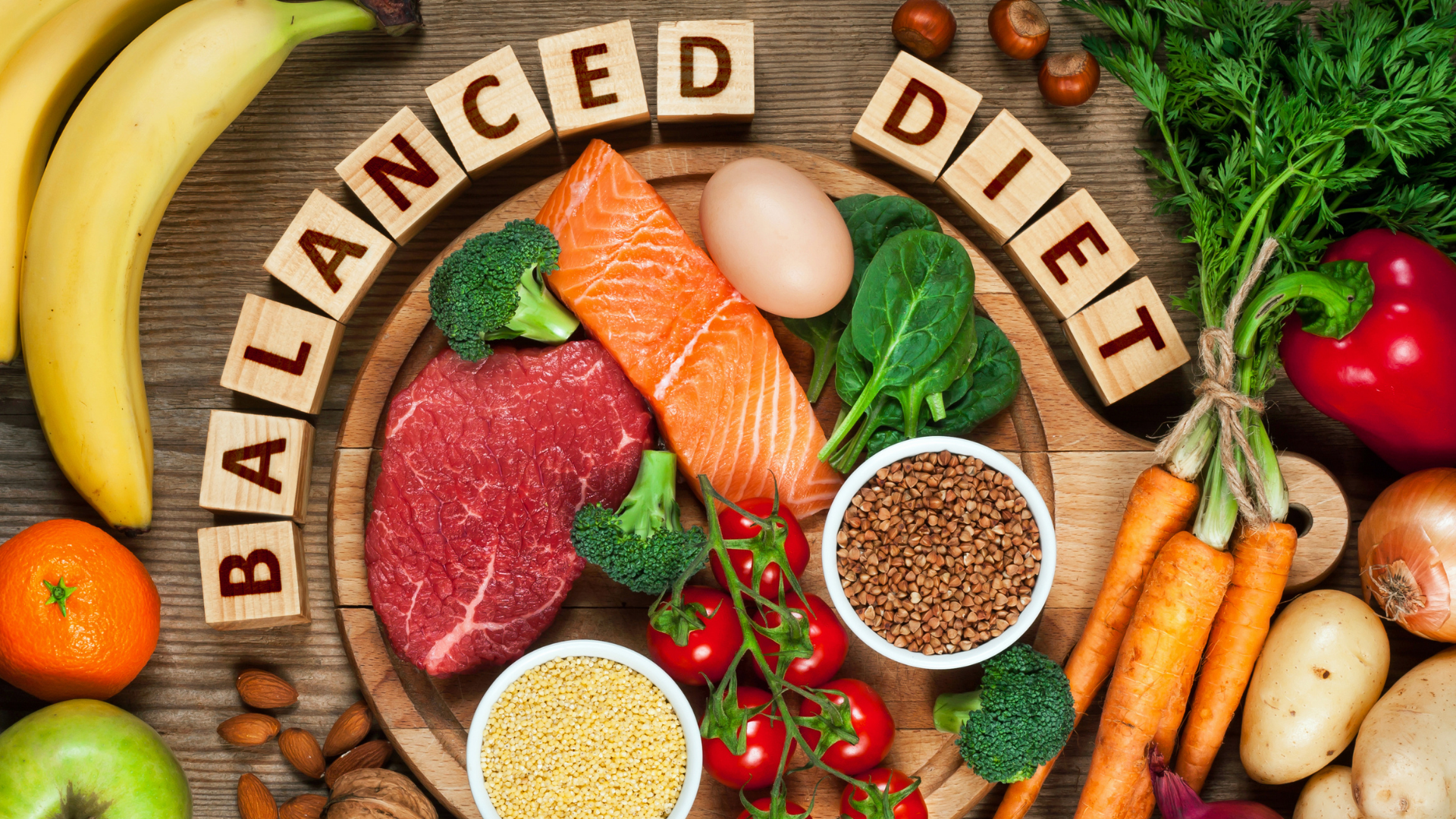Eating a balanced diet is critical to your health, well-being, and longevity. A balanced diet includes a variety of foods from all different types and classes of the variety of food groups known. These food groups provide a spectrum of nutrients from carbohydrates, fats, and proteins, as well as essential vitamins and minerals. All of these combined can provide a healthy input for people to lead nutrient-dense lives.
Eating healthy is essential to maintaining a healthy lifestyle, but figuring out how much to eat can be tricky. In order to lose weight, you need to consume fewer calories than you burn, but you also do not want to risk gaining any weight back by consuming these calories in high saturated fats and sugars. In order to maintain weight loss, you need to consume just the right number of calories. So how do you figure out how much and what to eat?
Base your meals on higher fibre, starchy carbohydrates
Eating lots of starchy carbohydrates is one way to balance your blood sugar levels and lower your risk of diabetes. Starchy carbohydrates are broken down slowly, releasing glucose into your bloodstream. This controlled release of energy provides a steady flow of energy to help your body function optimally. Starchy carbs also help keep your blood sugar levels steady.
Eat lots of fruit and veg.
At the risk of sounding repetitive, it is no secret that eating lots of fruit and vegetables is one of the healthiest things you can do for your body. Eating plenty of fruit and vegetables can reduce the risk of stroke and heart disease, lower the chances of developing cancer, and even help you live longer.
Eat more fish, including a portion of oily fish.
Eating fish regularly is good for you. But so is eating less meat. Fish and meat are meat, after all, and both should be eaten in moderation. For heart health, you may want to eat a larger portion of fish than meat since fish is rich in omega-3 fatty acids (fat found in vegetable oils as well), which help improve blood flow. For weight management, fish and seafood are both relatively low in calories but high in protein. One serving of fish contains just 30 calories, on average, and 12 grams of protein. Most fish are rich in protein.
Cut down on saturated fat.
According to a new study by the UK Office for National Statistics, the average person consumes 80.6 grams of saturated fat a day which is 3.6 grams more than the recommended amount. Saturated fat is found in many foods, including meat, dairy, cakes, biscuits, pastries, and some takeaways. Large amounts of saturated fat in your diet increase your risk of health problems such as heart disease, type 2 diabetes, and obesity. The study found that one in four adults eat more than the recommended amount of saturated fat per day.
Eat less salt: no more than 6g a day for adults.
Salt is found in many processed foods and used to add flavour to food. Although salt is used in cooking, too much can be harmful. Too much salt can cause high blood pressure, which raises the risk of a heart attack, stroke, and kidney problems. The recommended amount of salt for adults is no more than 6g a day, with most people needing to eat less.
When you know how to eat a balanced diet you become capable of choosing foods that give you all the nutrients that your body needs. It is also especially important to note that eating a balanced diet not only makes you feel good but also helps you avoid health problems that are related to poor eating habits.

